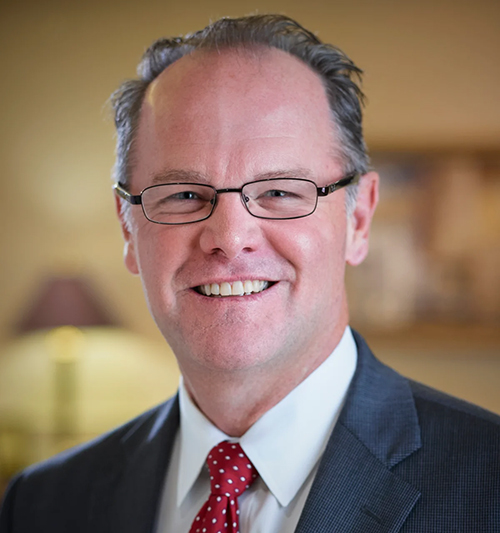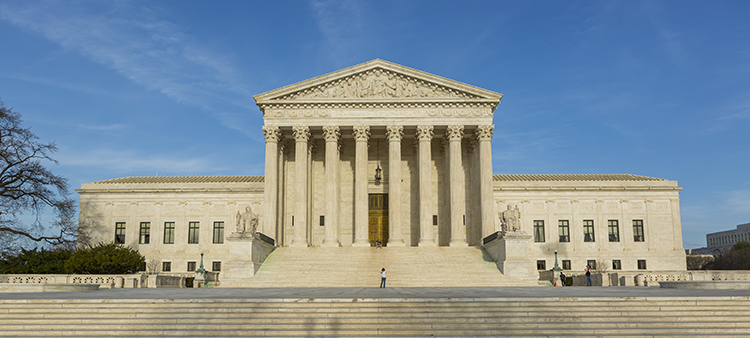10 Questions: LA lawyer and former congresswoman blazed a trail for women and minorities

Yvonne Brathwaite Burke
There’s a baby crib next to Yvonne Brathwaite Burke’s desk. It’s for Burke’s granddaughter—she enjoys bringing the busy toddler up to her Los Angeles law office while she completes work stemming from her arbitration practice or her position on the Amtrak board of directors. Blending work, family and success is nothing new for Burke, 85. For decades, she balanced a high-profile, barrier-breaking career as a politician and big-firm partner with the demands of parenting. Case in point: In 1973, she became the first African-American woman from California to serve in the U.S. House of Representatives, and that same year she became the first member of Congress to give birth while in office. She also was the first congresswoman to be granted maternity leave—a benefit that at the time had to be specifically authorized by the speaker of the House of Representatives.
Across your career, you’ve consistently been a first. Was that ever intimidating?
No, I think you just decide what you think you can do and how you can contribute. You don’t think about whether or not you are the first. That’s what you find out later. It’s whether you have the ambition to do it.
You went to law school in the 1950s, a time when there were very few women of color enrolled, and job opportunities were very limited. How did you end up deciding to follow that challenging path?
I was a public administration major, and my college counselor said, “I don’t know what to do with you. I don’t think there are very many women who are city managers, and I don’t think anyone will appoint a black woman to be mayor.” He also said, “If you become an attorney, who will come to you?” But I knew an African-American woman who was a lawyer—I had been to her home—and I knew she was doing pretty well. I thought, if I had the ability, I should be able to become a lawyer and be successful, too.
What sparked that initial drive to be a lawyer?
When I was growing up in Los Angeles, Asians couldn’t own property, and in many areas of LA, African-Americans couldn’t buy property. You couldn’t buy homes. I was very aware of this, and my mother was aware of it. There were actually covenants in the deeds that said “This property can only be occupied by someone of the Caucasian race,” and this prevented us from moving. We lived in a not-so-desirable area and the schools were not great, and we wanted to move. Then there was a case in the U.S. Supreme Court [Shelley v. Kraemer (1948)]. Loren Miller was the attorney, and he was able to set aside these restrictive covenants. I think every African-American in the U.S. was aware of this decision. I happened to know his nephew; and when I was 15, I was invited to a birthday party at his nephew’s house. I saw his uncle sitting in a library surrounded by all these books and I said, “That’s going to be me.” And I never looked back. I had already said, “I am going to be like Loren Miller and have all these important cases,” but when I saw him and those books, I knew there was nothing that was going to keep me from going to law school.
Throughout your career, you’ve served in local, state and national government and have seen so many changes in politics, both positive and negative. With the internet and the pervasiveness of criticism and just nastiness, do you think it’s harder to be a politician these days? Do you have any advice for women in politics?
Politics is different these days. It was bad when I was there, but it’s really tough now. I would say: Be sure your family can take it. Don’t destroy yourself and your family. That’s what I said to my daughter, who is in the [California] legislature. She has seen how it’s difficult, but she is not a wilting violet. It bothers her, but she is strong. She has the will to overtake it.
This article was published in the April 2018 issue of the ABA Journal with the title "A Birth and Many Firsts: LA lawyer and former congresswoman blazed a trail for women and minorities."



